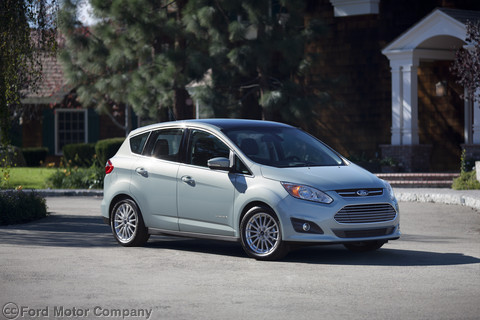
The research was conducted in August 2011 and just published in the journal Transportation Research. But the time lag probably doesn’t affect the outcome:
Based on sales data of electric vehicles, and subsequent surveys, we would be very surprised if the result would be much different today than in August 2011.
The number of PHEVs sold in November 2012 totaled just 7,158 of about 1.14 million cars sold, less than 1%. Hybrids such as the Prius sold 35,002 vehicles in November, or about 3% of all cars sold.
The researchers cite either a lack of information or an abundance of misinformation for the poor sales of EVs. One common misperception is the price differential between an PHEV and gasoline-powered car. Sticker shock likely sends many buyers right back out the showroom door, without them ever making the calculations on how much they will save in the cost of gasoline.
With gasoline prices tumbling toward $3 a gallon currently, spending several thousand dollars more for a PHEV gets to be even a harder sale. But, the researchers noted, on a per-mile basis the PHEVs average about 70% to 80% less on fuel costs, due to the low cost of electricity. The researchers conclude:
[I]t’s going to be a decade before we figure out if plug-in vehicles can become the norm, rather than an interesting curiosity of a niche buyer.
Paul Ausick
Take Charge of Your Retirement: Find the Right Financial Advisor For You in Minutes (Sponsor)
Retirement planning doesn’t have to feel overwhelming. The key is finding professional guidance—and we’ve made it easier than ever for you to connect with the right financial advisor for your unique needs.
Here’s how it works:
1️ Answer a Few Simple Questions
Tell us a bit about your goals and preferences—it only takes a few minutes!
2️ Get Your Top Advisor Matches
This tool matches you with qualified advisors who specialize in helping people like you achieve financial success.
3️ Choose Your Best Fit
Review their profiles, schedule an introductory meeting, and select the advisor who feels right for you.
Why wait? Start building the retirement you’ve always dreamed of. Click here to get started today!
Thank you for reading! Have some feedback for us?
Contact the 24/7 Wall St. editorial team.




